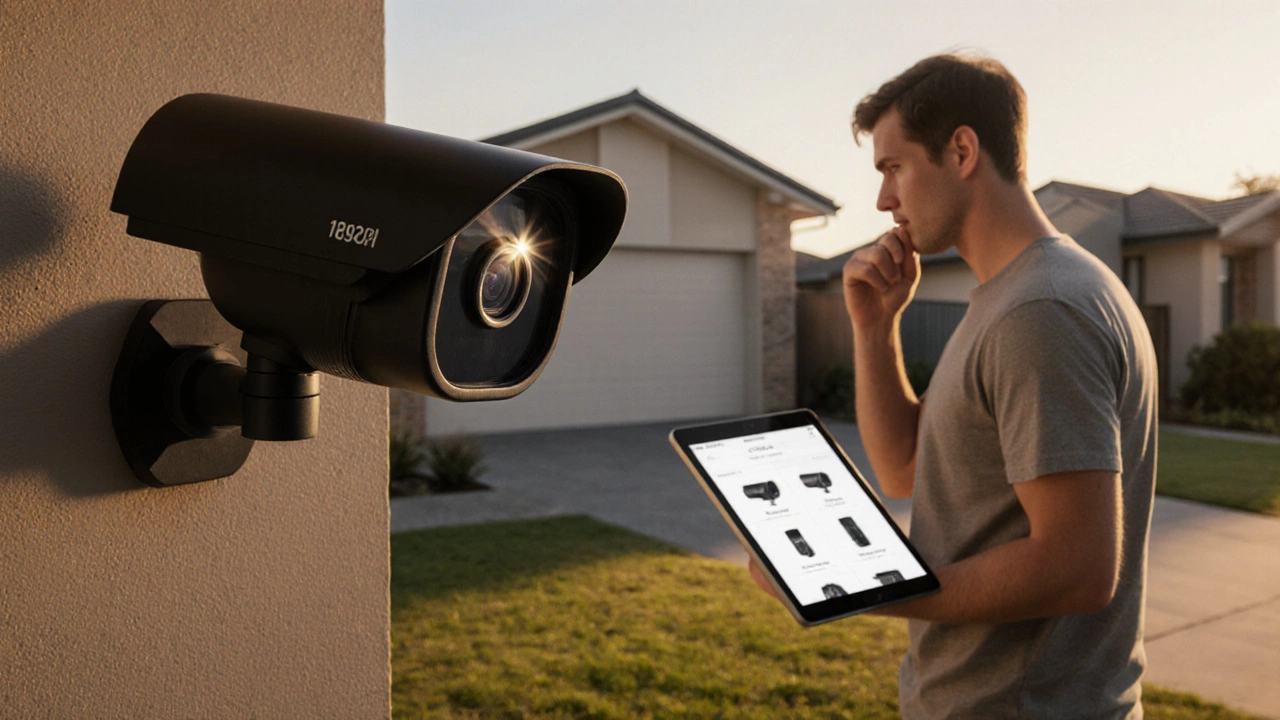When working with Adelaide CCTV, the network of video surveillance used across homes, businesses, and public spaces in Adelaide. Also known as city CCTV, it helps deter crime, monitor traffic, and support safety initiatives. Alongside it, security cameras, the hardware that captures footage in real time form the visual core, while motion sensors, devices that trigger recording when movement is detected supply the smart trigger, and alarm systems, alert mechanisms that notify owners or authorities of a breach close the loop. Adelaide CCTV encompasses outdoor surveillance, indoor monitoring, and traffic management; it requires proper camera placement to maximize field of view; and security cameras influence overall system reliability. This mix of hardware and software means you’ll need to think about power sources, network connectivity, and data storage before you install anything.
The first step is choosing the right security cameras. In Adelaide, you’ll find analog dome cameras for indoor use, weather‑proof bullet cameras for streets, and PTZ models that can rotate and zoom. Each type has a specific attribute: resolution (1080p vs 4K), lens angle (wide vs narrow), and power method (PoE vs battery). Matching these attributes to your location lets you capture clear footage without blind spots. Next, motion sensors add intelligence. PIR sensors react to heat signatures, microwave sensors detect Doppler shifts, and dual‑tech units combine both to cut false alerts from pets. Pairing the right sensor with a camera means recordings start only when something meaningful moves, saving storage and bandwidth. Finally, alarm systems act on the sensor’s signal—sending push notifications, sounding sirens, or alerting police. Modern setups integrate with smartphone apps, letting you arm or disarm the system remotely and view live feeds in seconds.
Beyond the hardware, privacy and legal compliance shape how you deploy Adelaide CCTV. The South Australian government outlines clear guidelines: cameras must not face private residences without consent, signage is required to inform the public, and footage storage periods are limited to 30 days unless a specific investigation extends it. Ignoring these rules can lead to fines and public backlash, so it’s worth mapping out camera angles on a site plan first. Additionally, network security matters—use WPA3 encryption, change default passwords, and consider a dedicated VLAN for your cameras to keep them isolated from the rest of your home network. By following these practical steps, you’ll build a system that not only captures what matters but also respects community standards and stays resilient against cyber threats.
Now that you understand the building blocks—cameras, sensors, alarms, and privacy safeguards—you’re ready to explore detailed guides, troubleshooting tips, and product recommendations. Below you’ll find articles that walk through everything from Wi‑Fi outages with Ring Alarm to choosing the best wireless security camera for 2025, all tailored to help you get the most out of your Adelaide CCTV setup.

Discover the real cost of home CCTV installation in Adelaide, 2025. Learn price breakdowns, DIY vs professional options, key factors, budgeting tips, and a handy FAQ.